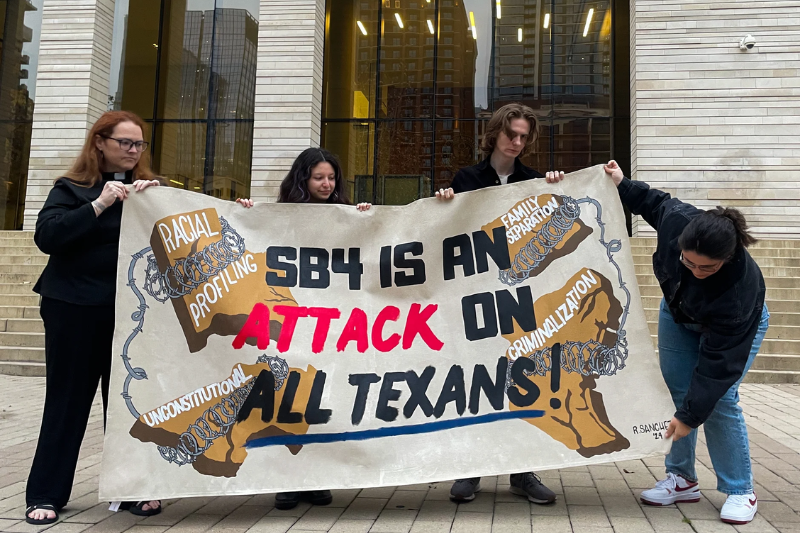
Texas’ SB4 Immigration Law: A Critical Analysis
Texas’s SB4 immigration law has stirred significant controversy since its inception, prompting a cascade of legal battles and judicial rulings. This law, touted as one of the toughest immigration measures enacted by a US state, has profound implications for both immigrants and US citizens alike.
The Legal Landscape
The legal saga surrounding SB4 underscores the complex interplay between federal and state jurisdictions in matters of immigration. While the federal government historically holds sway over immigration laws, individual states have sought to assert their authority in this domain. However, the constitutionality of such state-level initiatives remains a subject of intense debate.
Impact on Immigration Enforcement
SB4 seeks to empower Texas officials to detain and prosecute unauthorized migrants, representing a seismic shift in immigration enforcement protocols. This law, if enforced, could lead to harsh penalties for those found guilty of illegal entry or re-entry into Texas, with potential sentences of up to 20 years in prison. Such stringent measures have elicited concerns regarding due process and the protection of migrants’ rights.
Keep Reading
Judicial Intervention
The legal battle over SB4 has seen a series of judicial interventions, reflecting the contentious nature of the law. The Biden administration’s challenge to SB4 on constitutional grounds has sparked a flurry of court rulings, culminating in the recent decision by a federal appeals court to freeze the law pending further litigation. This judicial back-and-forth underscores the complexity of legal interpretations surrounding immigration policy.
International Implications
Mexico, a key stakeholder in the immigration debate due to its border proximity to Texas, has vehemently opposed SB4. The Mexican government’s refusal to accept migrants deported by Texas authorities underscores the diplomatic tensions engendered by the law. Such international ramifications highlight the interconnectedness of immigration policy and diplomatic relations.
Public Perception and Political Discourse
SB4 has emerged as a focal point in the political discourse surrounding immigration policy, particularly in the lead-up to the presidential election. With record-high migrant arrivals at the southern US border under President Biden’s administration, immigration has become a salient issue for voters. Republicans, in particular, have seized upon SB4 to critique President Biden’s handling of border security, framing it as a critical issue for the electorate.
In conclusion, Texas’s SB4 immigration law represents a flashpoint in the broader debate over immigration policy and enforcement in the United States. Its legal ramifications, international implications, and political significance underscore the multifaceted nature of immigration discourse. As the legal battle over SB4 continues to unfold, its impact on immigration policy and practice remains a subject of keen interest and scrutiny.




